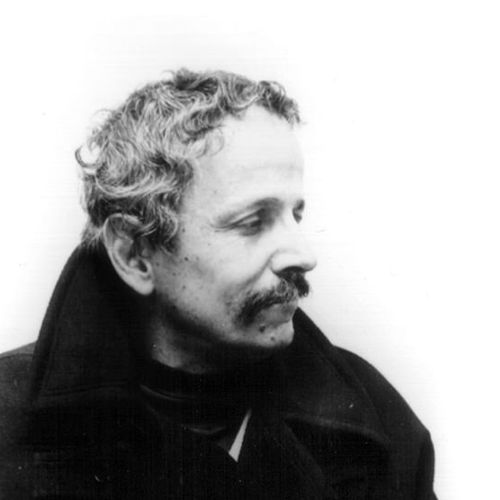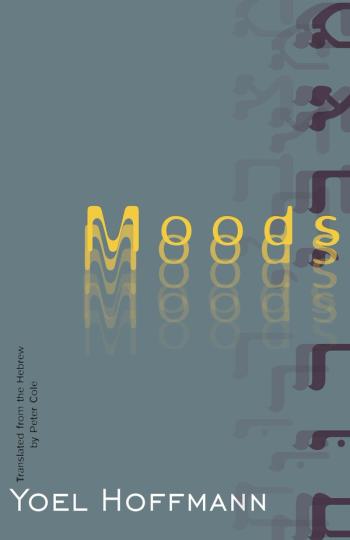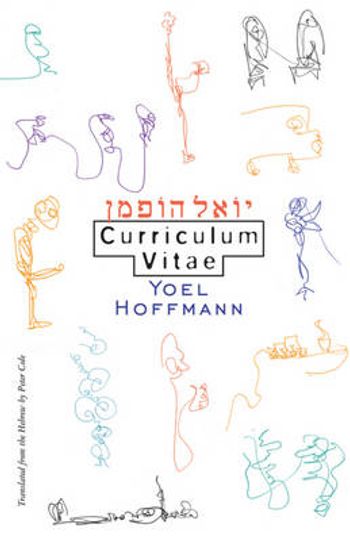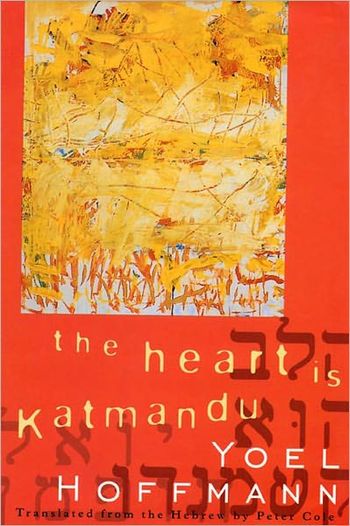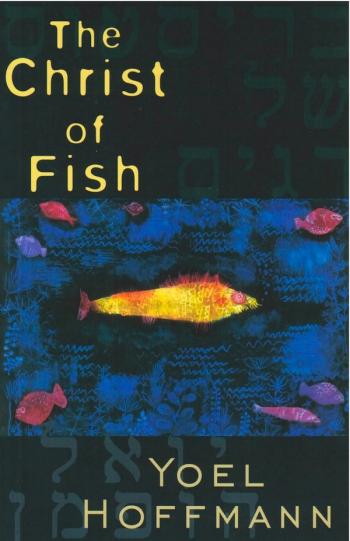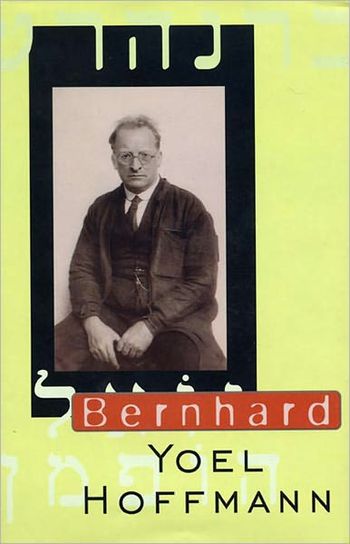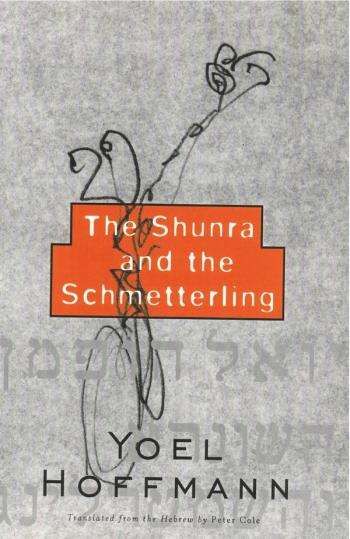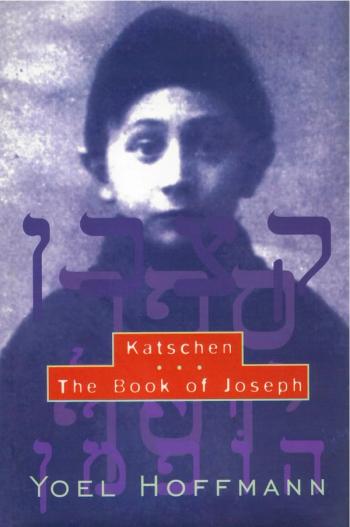Yoel Hoffmann
Born in Romania in 1937 to Austro-Hungarian Jewish parents, Hoffmann and his parents fled Europe for British Mandate Palestine. As a young man, Hoffmann left his home in Israel and traveled to Japan, where he spent two years living in a Zen monastery studying Chinese and Japanese texts with monks. He taught Eastern philosophy at the University of Haifa for many years and did not begin writing fiction until in his forties. Today he is widely regarded as Israel’s leading writer of avant-garde fiction. Six of his books have appeared in English with New Directions: Kastchen and Other Stories, Bernhardt, The Christ of Fish, The Heart is Katmandu, The Shunra and the Schmetterling, and Curriculum Vitae. Hoffmann’s honors include The Koret Jewish Book Award, the Bialik Prize, and the Prime Minister’s Prize.
